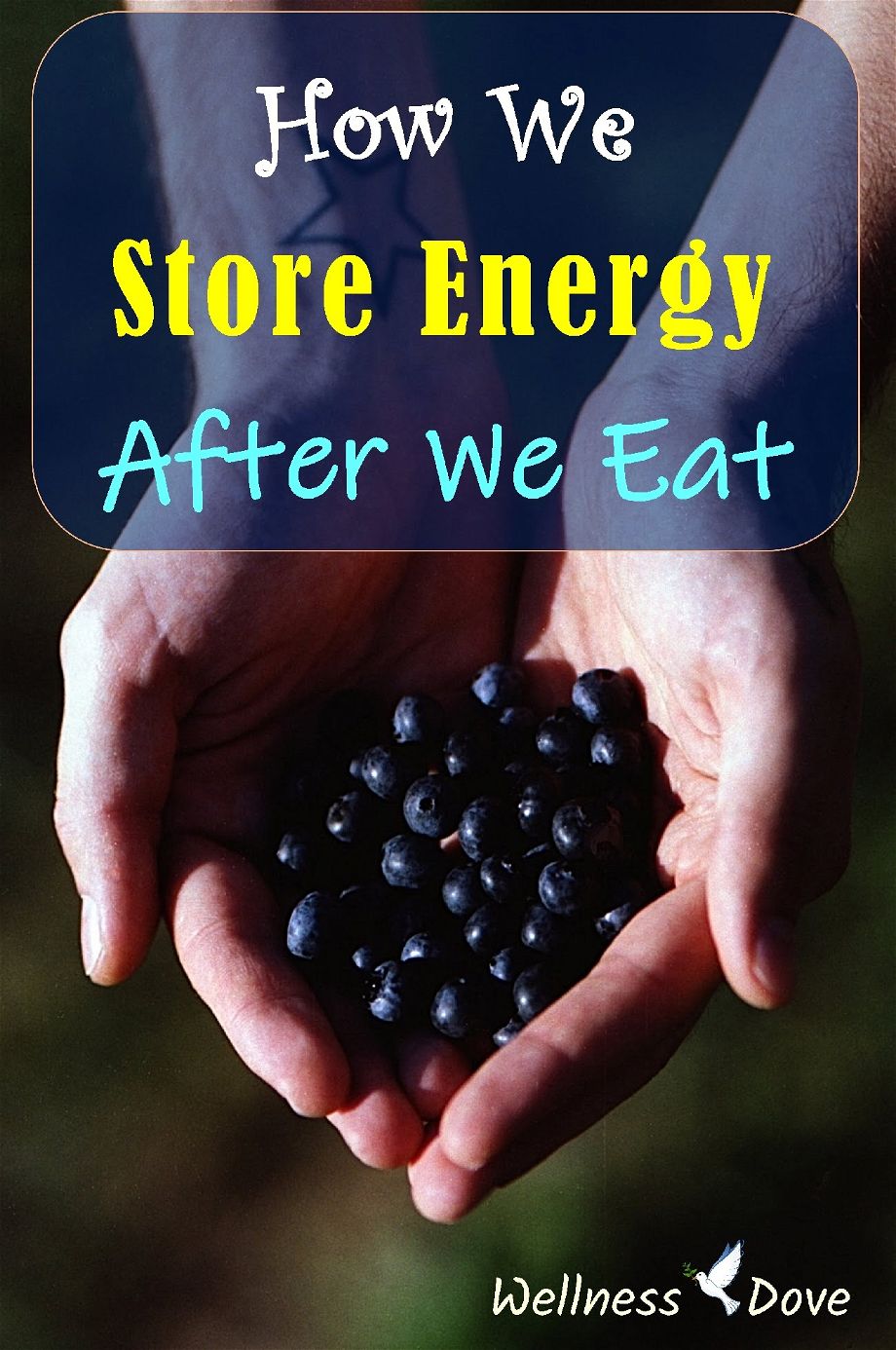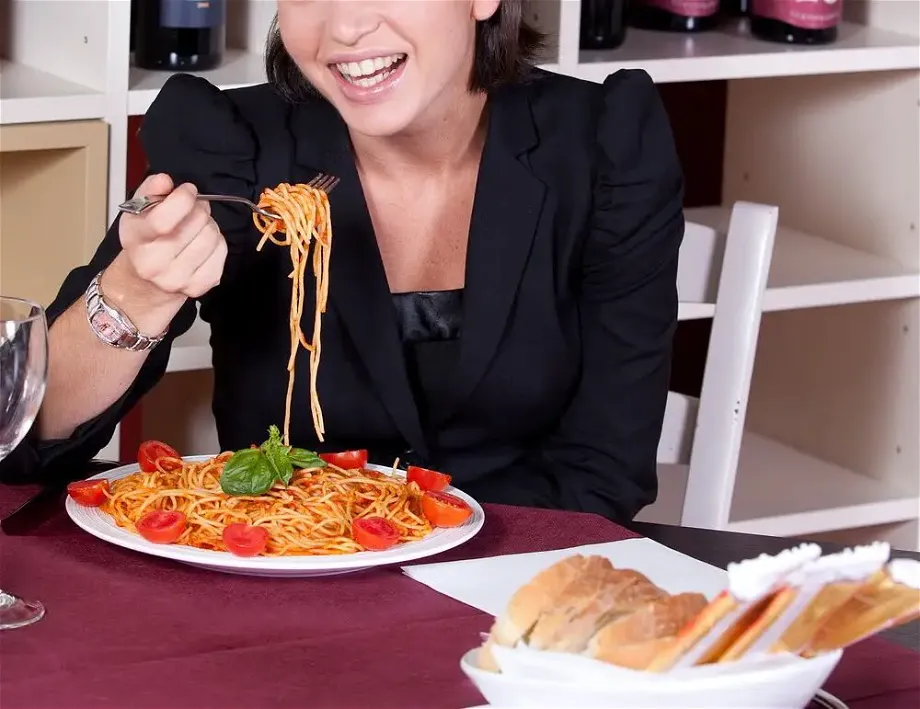 The more we eat the fatter we get.
The more we eat the fatter we get.
Or that’s what most of us are led to believe.
It is true, though, and why it is that some foods might make us fatter fast while others do not seem to be making such an impact on our waistlines?
Part of the answer lies in understanding what our energy sources are and how our bodies actually store the excess energy.
Post Contents
The three energy sources
Protein, carbohydrates and fat.
That’s all that gives us energy.
Carbohydrates are the main fuel our bodies run on and can power all our organs.
Fats can fuel some of our organs but we will always need some carbohydrates.
Protein cannot be used as a direct energy source, it needs to be converted to carbohydrates, which is inefficient.
Carbs
Carbohydrates are our primary fuel and the most efficient and natural way to provide energy to the body.
They are abundant in most plant foods apart from nuts and seeds (and avocados).
Carbs can be simple and complex.
Simple are those in processed foods (table sugar, white flour) and are unhealthy.
Complex carbs are found in whole foods – whole grains, legumes (beans, chickpeas), vegetables…
Fruits technically contain simple sugars but are so fiber-rich that the sugars are not released quickly into the bloodstream and are good to eat. Not overeat, though.
We store carbs are glycogen in our liver and muscles.
Storage is limited, though, in part because glycogen needs a lot of water to be stored.
Converting carbs to body fat is generally inefficient.
The carbohydrates in whole plants foods are mostly glucose and fructose.
Glucose is the simple sugar that all carbs are ultimately converted. It’s inefficient for glucose to be converted in fat and is stored as glycogen or the excess is generally burned off as body heat. !article on calorie density!
Fructose is a simple sugar that is found in fruits. Fruits have fiber and the fiber allows for much of the fructose to be converted to fat in the gut.
If we eat processed sugar (high-fructose corn syrup, table sugar…) the fructose cannot be converted to glucose in the gut, goes to the liver and gets converted into triglycerides (fat) which make you fat.
Fats
Our bodies prefer carbohydrates to run on.
That said, some of our organs can be fueled by fats and we will burn a limited number of fats under normal circumstances.
The more our carbohydrate reserves are being depleted, the more fat our bodies will use. That is because our brain cannot run purely on fat and the body will try to preserve carbs for it.
Unlike carbs, the excess fat we eat becomes our body fat.
Fat is the most efficient way to store energy.
It is so efficient to store the fat we eat that the body does not need to convert it in any way.
Simply, it needs to be transported from the gut to the belly.
And storing fat as body fat has no limit as is evident by the increasing number of obese and morbidly obese people.
A quick word on ketosis
Ketogenic diets are popular today while being very unhealthy.
As far as energy usage is concerned, when we eat no carbohydrates, the body starts to use fats as the main source of energy. This is an adaptation to use body fat when we are starving.
This a backup system to ensure that we stay alive.
When we are in ketosis, the body produces highly acidic keto bodies from fat (which is really inefficient and much of the energy is lost) to power organs that generally run on carbohydrates such as the brain.
The brain still needs carbohydrates and protein is used (from the muscles) to meet the minimum carbohydrate requirements of the brain.
Again, this is a backup system to ensure we can stay alive for an extended period of time with no food! It’s foolish to think that the body will run better on its inefficient backup system.
A car is faster and quicker when you are constantly driving are high engine speed but wears our much, much faster.
Protein
Protein cannot be stored.
Our bodies use protein mainly to grow and repair tissues.
And we can reuse most of the protein we have so we do not need to eat much of it.
If we eat more than we need our bodies will throw away.
We cannot directly use protein for energy.
Protein is an inefficient way to meet our energy needs.
The only way to use protein for energy is to convert it into carbohydrates which is inefficient (30% of the energy is lost).
For that reason, our bodies tend not to do it if we have eaten enough carbs already.
How we get fat then
If we eat a standard western diet with a lot of meat, processed carbohydrates and fat, it’s simple.
We meed our energy needs with the carbohydrates while we store the fats from the oils and meat as body fat.
Most of the meat protein is not used for energy and excreted quickly.
Whole natural foods keep us fit
Whole plant foods are the foods that keep us healthy in every way, not only at normal body weight.
Legumes (beans, chickpeas, split peas, lentils), whole grains (whole wheat, einkorn, quinoa, buckwheat, brown rice, corn), starchy vegetables (carrots, potatoes, sweet potatoes) and non-starchy vegetables contain complex carbohydrates.
Complex carbs are digested slowly and provide the body with a steady supply of glucose for a long time.
Fruits are high in fructose but if you don’t eat huge amounts, the fructose will convert slowly into glucose because of the fiber. Again there is hardly much excess energy.
Simple carbohydrates, found in all processed food (mainly sugar and white flour) are immediately released into the bloodstream.
Suddenly we have a lot of energy but we cannot store it in our limited carbohydrate tank.
The fructose (table sugar is 50% fructose) is converted into triglycerides because there is no fiber in processed foods.
All the fat (and processed foods have a lot of oil) is stored as body fat because we do not need more energy.
The body also needs to get rid of the high levels of glucose that it cannot store so we feel energetic for a while. We also feel hot as the body tries to generate heat to burn off energy.
And suddenly all the energy is gone as we need a snack. And we got fatter from that fructose and the fat.
Stick to whole natural plant foods.
They are simply that, natural. Healthy.
And, as always, seek health consciously.



